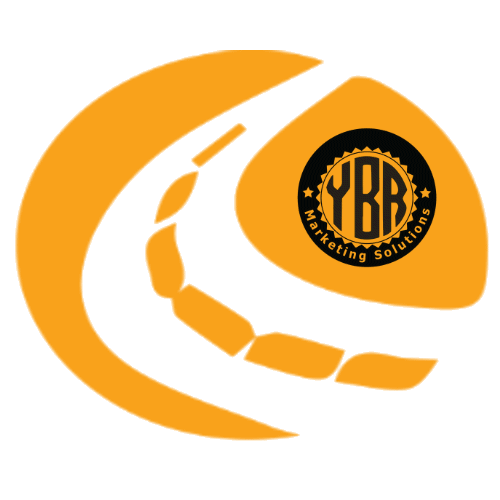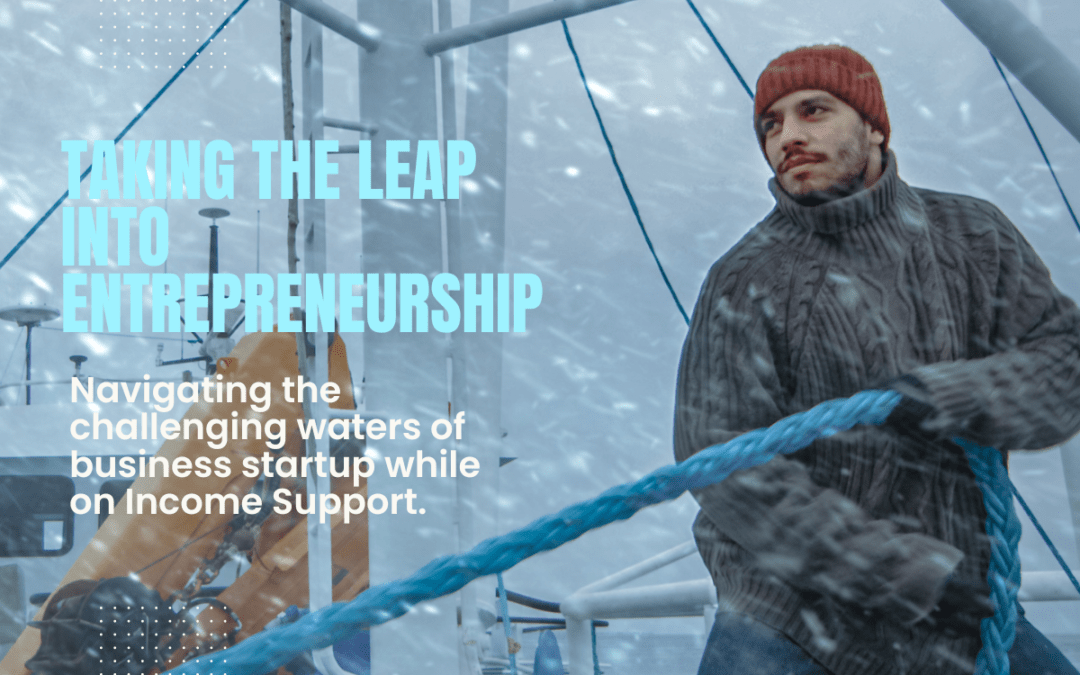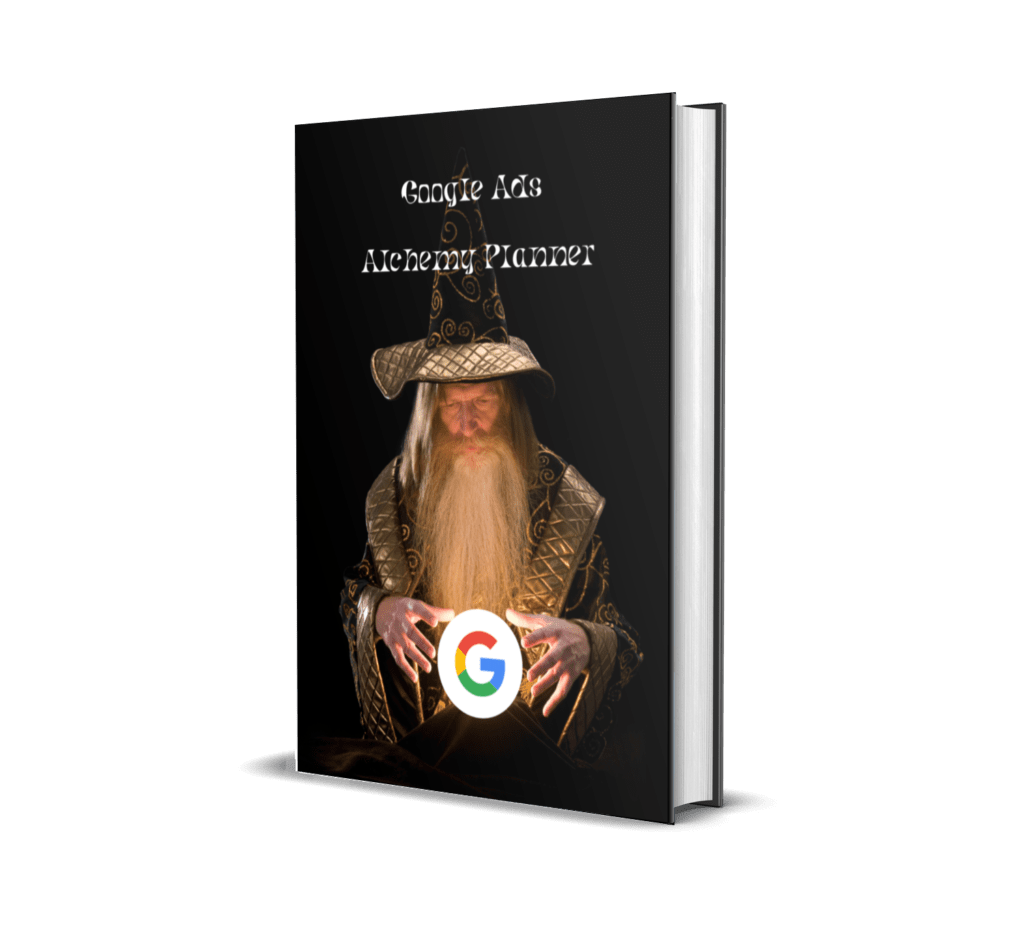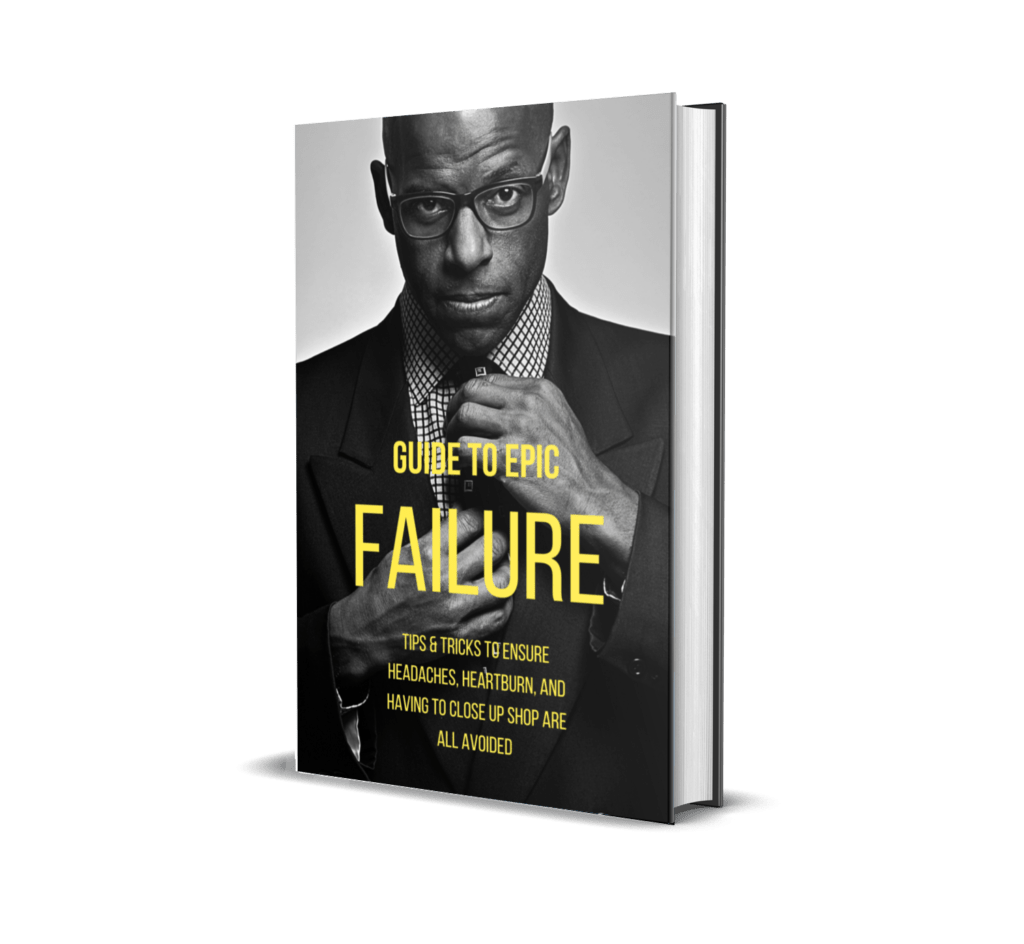A Guided Journey Towards Financial Independence While Balancing Business Startup and Income Support Payments.
Starting a business, especially while on income support payments or pension, requires navigating numerous challenges, from raising necessary capital to balancing obligations. However, it is indeed possible to take this path while preserving your financial safety net. Here’s how it could be done:
Legal Requirements and Limitations
So, when embarking on entrepreneurship while receiving income support benefits, you’ll need to navigate some legal requirements and limitations. The primary government benefit programs, including JobSeeker, Youth Allowance, Parenting Payment, Age or Disabilty Pension they all have rules around income and assets that could impact your eligibility if not properly managed.
Reporting Your Income
First off, you are obliged by law to report your income. This requirement includes any income generated by your new business. It’s essential to maintain accurate records of all your business transactions and report your earnings to the Department of Human Services (DHS) routinely.
Income Test
Your reported income will undergo an income test, a process used by DHS to determine the amount of money you are eligible to receive. The income test takes into account both your earnings and other sources of income. Should your income exceed the threshold for your payment type, your benefits may be reduced or canceled altogether.
Asset Test
Moreover, an asset test might apply to your situation. If assets used in your business (like vehicles, equipment, or property) surpass a particular asset value, your payment may be affected. It’s vital to keep this in mind when investing in business assets.
Legal Assistance
Given these legal complexities, it’s beneficial to seek professional advice to ensure you are compliant with all requirements. This assistance can come from legal professionals specialising in income support or pensioner payments and can advise on the best options, and provide essential insight. Community legal centers or legal aid agencies can offer advice or steer you towards cost-effective alternatives.
There are also financial counselors who can provide free, independent advice on financial issues. Additionally, various online resources like the MoneySmart provide detailed information on the different aspects of starting and running a business while on income support payments.
Navigating the legal landscape of managing a business on some form of income support, pension or disability payments, can seem overwhelming. However, with careful planning, knowledge acquisition, and professional consultation, you will be equipped to tackle these legal limitations and requirements safely and efficiently. Remember, each business situation is unique; always consult with a qualified professional to ensure the decisions you make best suit your circumstances.
Business Strategies for Success
Starting a successful business while on income support payments requires careful planning and execution, not only with regards to your obligations to the DHS but also actually getting your business idea realised. This will include, focusing on identifying the viability of your ideas, crafting a solid business plan, and securing the necessary funding, and by doing this, you can build a strong foundation for your entrepreneurial journey.
Identifying a Viable Business Idea
A viable business idea aligns with your skills, passion, and the current market demand. In determining the right path for your business, consider the following steps:
- Self-assessment: Evaluate your skills, knowledge, and passion. Determine which of these areas will contribute to a successful business venture.
- Market research: Identify the market gaps, customer needs, and potential competitors within your chosen industry. This research helps in recognising areas of opportunity for your business.
- Scalability: Consider the growth potential of your business idea. Analysing the scalability will help you decide if an idea can grow beyond a hobby, generate income, and ultimately contribute towards financial independence.
Creating a Business Plan
A well-structured business plan serves as a roadmap for your business journey. The key components of a business plan include:
- Executive Summary: A concise overview of your business idea, objectives, and strategies.
- Market Analysis: A detailed study of your target market, competition, and customer personas.
- Marketing Strategy: A plan for promoting and positioning your business to attract customers and generate sales.
- Operations Plan: An outline of your business structure, daily operations, and processes.
- Financial Plan: A projection of your business expenses, revenue, and profit over time.
Securing Funding and Support
Launching a business requires funds for setting up and ongoing operations. Here are some resources:
- Grants and Incentives: Many Australian government programs offer grants and incentives for small businesses, including those run by welfare recipients. Carefully research opportunities like the New Business Assistance with NEIS, which provides financial assistance and training to start a business.
- Crowdfunding: Use crowdfunding platforms like Kickstarter or Indiegogo to pitch your business idea to the public. Successful campaigns can receive backing and funding to kickstart operations.
- Microloans: Small, low-interest loans offered by organisations like microfinance institutions and Good Shepherd Microfinance help entrepreneurs with limited resources to finance their ventures.
- Business Support Services: Organisations like the Australian Small Business and Family Enterprise Ombudsman offer guidance, as well as business mentoring and networking programs to help you develop your entrepreneurial skills.
Leveraging resources
Remember to utilise available resources to guide and support your business strategies. Public libraries, government websites, free business workshops, webinars, online courses, mentoring groups, and free consultation and mentoring from local agencies, can provide a wealth of knowledge and input. By applying these strategies, you’ll position your business for a successful and sustainable journey.
Learn More about Free resources and advice.
Managing Financial Risks
Essential elements for financial management while on income support include budgeting, tracking business expenses, and accessing business grants. These minimise the risk of jeopardising your payments and ensuring a steady flow of income.
When running a business, it’s crucial to take steps to minimise financial risks and continue receiving essential support. By diligently budgeting, tracking expenses, and seeking extra funding, you can maintain a safety net while growing your business.
Budgeting
Creating a detailed budget helps you control your finances and make informed decisions. To budget effectively for your business:
- Determine your business expenses: Identify all the fixed costs (e.g., rent, utilities, insurance) and variable costs (e.g., supplies, marketing) associated with your operations.
- Categorise expenses: Organise expenses into categories (e.g., rent, equipment, staff) to keep track of funds allocated to different business areas.
- Forecast revenue: Estimate the expected income from your business, considering seasonal variations and potential changes in market demand.
- Monitor and adjust: Review and analyse your budget periodically to identify areas for improvement or adjustments.
Tracking Business Expenses
To minimise risks and comply with income support reporting requirements, you must accurately track your business expenses. Key steps include:
- Maintain records: Keep all receipts and invoices for verification purposes. Use spreadsheets or accounting software to record and track business expenses.
- Separate personal and business finances: Use separate bank accounts and credit cards for personal and business use. This distinction helps avoid confusion when reporting your income to your income support agency.
- Regular reviews: Regularly review your business expenses to detect any inconsistencies or potential issues. This habit allows for quick action before financial risks escalate.
Accessing Business Grants and Additional Funding
Additional funding can help alleviate financial pressures. Look for opportunities like:
- Government grants: Research government assistance such as the Business Entrepreneurship Incentive Strategy to support your venture.
- Industry-specific grants: Explore grants and financial incentives available within your industry. These opportunities can enhance your business growth and sustainability.
- Non-profit organisations and foundations: Some non-profit organisations and foundations offer financial support to small businesses and entrepreneurs. Research and apply for those relevant to your business.
Effective financial risk management is essential for starting and maintaining a business while on income support. By budgeting, tracking expenses, and seeking additional funding, you mitigate financial risks and set your business on a path to success without jeopardising your support.
Placement of Earned Money
It’s important to legally and securely direct any earned money from your business into a separate account or investment vehicle. Trusts, superannuation, and other financial resources can be beneficial for incomwe support recipients. Seek expert advice to understand these resources better.
Placement of Earned Money: Guidance for Income Support Recipients
As an entrepreneur on income support, one of your top priorities is ensuring the money earned from your business is placed appropriately. This placement needs to be secure, legal, and beneficial to your financial situation for the long term.
Opening Distinct Bank Accounts
One essential step toward separating your business and income support funds is to open a separate bank account exclusively for business transactions.
- Simplify record keeping: Having a separate account allows for simpler management and monitoring of your business income and expenses.
- Promote accountability: All the transactions associated with your business occur in one place, promoting accountability and transparency.
- Enhance reporting accuracy: By clearly separating business and personal transactions, you can report your income with greater accuracy for income declaration.
Establishing Trusts
In some cases, establishing a trust can be beneficial for support recipients. A trust is a legal mechanism where you transfer assets to a trustee, who then manages these assets on behalf of beneficiaries.
- Non-discretionary trusts: Also known as fixed trusts, these allow beneficiaries to earn a fixed income, which can provide a predictable source of income. In this set-up, ensure the income distribution doesn’t risk exceeding your support income thresholds.
- Discretionary trusts: Also known as family trusts, these provide flexibility for the trustee to determine the distribution of income among beneficiaries. These trusts can be complex, require careful management, and may have implications for income support eligibility.
Contributing to Superannuation
Superannuation funds can be another way to store income you earn without affecting your current support payments.
- Long-term investment: Superannuation is a long-term investment strategy designed for retirement savings. Depending on your age, contributions may not be accessible until you reach preservation age, offering a future source of income.
- Tax benefits: Generally, superannuation contributions may offer tax benefits, which can be financially advantageous. However, these advantages should be evaluated alongside potential impacts on your support eligibility.
Contributing to Superannuation for Income Support Recipients
To expand on the superannuation pathway for support recipients who run a business, contributing to a superannuation fund can help secure retirement savings and provide associated tax benefits. Understanding key aspects such as long-term investment benefits and potential tax advantages allows you to make informed decisions about superannuation.
Long-term Investment
Superannuation is a long-term investment designed to provide a stable and secure retirement income. Factors you need to consider include:
- Preservation age: Your preservation age, ranging from 55 to 60, depending on your birth year, determines when you can access your superannuation funds. You must reach preservation age and meet other conditions before you’re eligible to withdraw your benefits.
- Compulsory contributions: By law, employers in Australia must contribute a percentage of your earnings to a superannuation fund if you’re eligible. As a business owner, you should check your eligibility and the required contributions accordingly.
- Voluntary contributions: Business owners can also make voluntary contributions to their superannuation funds. These additional contributions can help your retirement savings grow faster over time.
Tax Benefits
Superannuation funds often provide tax benefits, making them an attractive investment vehicle. However, it’s essential to balance these benefits against any potential impacts on your support payments.
- Concessional contributions: These pre-tax contributions, which include employer contributions and salary sacrifices, are usually taxed at 15% within the superannuation fund, potentially providing a lower tax rate compared to your marginal income tax rate.
- Non-concessional contributions: These post-tax contributions, which come from your after-tax income, are not subject to additional tax within the fund since they have already been taxed at your marginal rate.
- Low Income Superannuation Tax Offset (LISTO): If your adjusted taxable income is below a specific threshold, you may be eligible for the LISTO, which can refund the tax paid on concessional contributions up to a set amount.
- Income Support implications: It’s essential to evaluate the tax benefits of superannuation contributions against any potential impacts on your support eligibility. In some cases, withdrawing your superannuation funds may impact your payments.
As an income support recipient and business owner, the decision to contribute to superannuation requires careful consideration of various factors. Consulting with a financial advisor or accountant can help guide your superannuation strategy and provide tailored recommendations, ensuring you make informed decisions.
Contributing to Superannuation for Disabled Income Support Recipients
For those with disabilities, the prospect of contributing to a superannuation fund can provide long-term investment benefits and tax advantages. However, it is essential to weigh these benefits against potential impacts on support payments.
Long-term Investment
Superannuation acts as a long-term investment meant to offer a steady and secure income during retirement. Your ability to access these funds depends primarily on your preservation age, which ranges from 55 to 60, depending on when you were born.
Preservation Age
This is the minimum age set by law at which you can start drawing upon your superannuation. For those born before 1 July 1960, the age is 55, and for those born after this date, the age gradually increases up to 60 years.
If you have a disability, you may have additional flexibility when it comes to accessing superannuation. For instance, if your disability leads to premature retirement, you might be able to access your super earlier under a condition of release:
- Permanent incapacity: You might be able to access your super if two medical practitioners certify that, due to ill-health, you are unlikely to gain employment in an industry for which you’re suited by training or experience.
- Severe financial hardship and compassionate grounds: In certain circumstances, you may gain early access due to severe financial hardship or on compassionate grounds.
Tax Benefits
Superannuation contributions can provide significant tax benefits, making it an attractive option for those looking to maximise their returns.
- Concessional contributions: These are payments made into your super account from your pre-tax income; they are usually taxed at 15%, significantly lower than most people’s marginal tax rate.
- Tax deductions: If you’re self-employed, you may be able to claim a tax deduction for contributions made to your super from your after-tax income. This could effectively turn your non-concessional contributions into concessional contributions, reducing your tax liability.
- Offsets and rebates: If you earn a low income, you might be eligible for the Low Income Superannuation Tax Offset (LISTO), which essentially refunds the tax you pay on your super contributions up to a certain amount. Additionally, you might qualify for a super co-contribution, where the government contributes up to a certain amount if you make personal (after-tax) contributions to your super fund.
Despite these benefits, it’s crucial to consider potential impacts on disability support or other income support payments. In some cases, making contributions or withdrawing from your superannuation account can affect your benefits, particularly if it results in your income or assets exceeding the eligibility thresholds. Always consult with a financial advisor with experience in disability and superannuation matters to clarify your individual situation in such matters. They can provide advice specific to your circumstances and future financial goals.
Seeking Professional Advice
Note that the suitability of each financial placement option largely depends on your personal circumstances. It is crucial to seek advice from a qualified financial advisor or legal professional when deciding how to best manage the money you earn from your business. The Australian Government’s MoneySmart website is another excellent resource to gain some basic understanding.
Remember, keeping your earned money separate from your support payments can ensure you meet your legal obligations. It also provides a clearer picture of your business’s financial health, supporting critical decision-making and goal-setting processes.
In Summary
Starting a business while on income support is challenging but achievable with careful planning and strategy. Use the resources available, and don’t be afraid to seek assistance. Remember, your journey towards financial independence is a marathon, not a sprint. Let this guide be your starting block!
Use the many resources available to you to build a financially independent future while safeguarding your current situation.
Warm Regards,
John
Marketing Specialist
YBR Marketing
“Helping your business shine brighter.”
www.ybrmarketing.com.au








